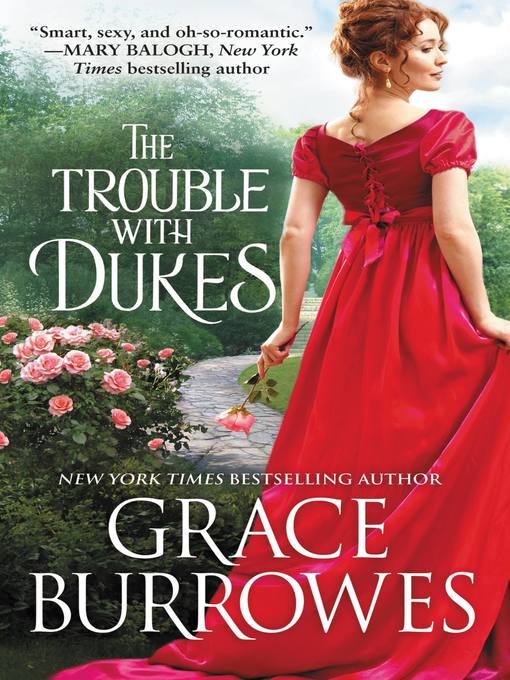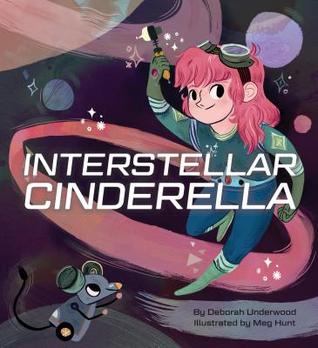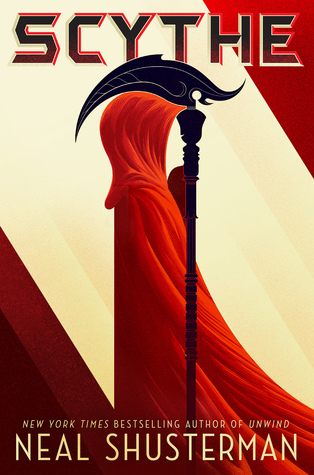| William Morrow |
Tom Franklin
2010
The Summary
"In the 1970s, Larry Ott and Silas "32" Jones were boyhood pals in a small town in rural Mississippi. Their worlds were as different as night and day: Larry was the child of lower middle-class parents, and Silas, the son of a poor, black single mother. But then Larry took a girl to a drive-in movie and she was never seen or heard from again. He never confessed...and was never charged.
"More than twenty years have passed. Larry lives a solitary, shunned existence, never able to rise above the whispers of suspicion. Silas has become the town constable. And now another girl has disappeared, forcing two men who once called each other "friend" to confront a past they've buried for decades."
The Good
I enjoyed this book so much.
I typically do not read mysteries, especially mysteries that showcase dark secrets and some of the more unsavory aspects of small-town life. (I live in a small Southern town, so it's a bit unnerving to see similarities between my hometown and the one pictured in Crooked Letter, Crooked Letter.) However, I was hooked by Tom Franklin's novel almost from the start.
The pace is excellent, as it doesn't dwell for long moments and it doesn't fly through the story; the tone it sets feels distinctly Southern, it feels like it's set in the heart of Mississippi; and the writing is excellent, so easy to read and yet descriptive enough to keep me interested.
While it does get a little too descriptive, particularly in respects to describing murder scenes, I found I enjoyed Crooked Letter, Crooked Letter for it's ability to conjure a setting. When I was reading, I could really imagine Larry and Silas's town. I could see the kudzu, envision the dirt roads and the mosquitoes swarming around the swamps, feel the stifling summer heat. It was exciting to read a book that felt so real, that held such a visceral impact.
The Bad
No complaints. It reads well and I enjoyed it immensely.
The Ugly
I felt so bad for Larry.
I mean, here's this smart, sweet, and socially awkward young man who's blamed for a murder he didn't commit and then he spends the rest of his life suffering under that dark shadow. It's heart-breaking, especially as new light is shed on the case and you realize that Larry has been shunned by his entire community simply because he was different.
It's a bit sickening.
Oh, and fair warning, there's a number of murders and attempted murders in this book. It's not for the faint of heart and it's doesn't shy away from the ugly topics of racism, infidelity, and abuse. It's jarring how many dark secrets lurk under the facade of one, small Southern town.














